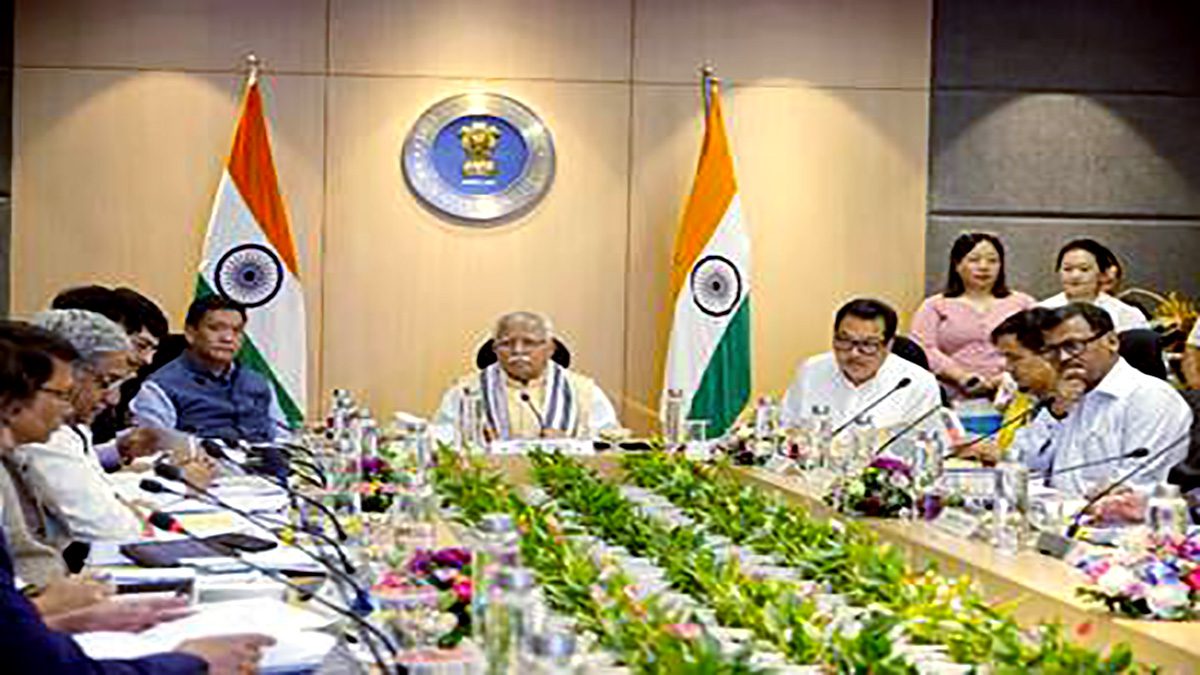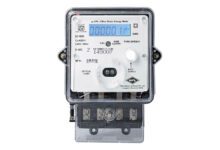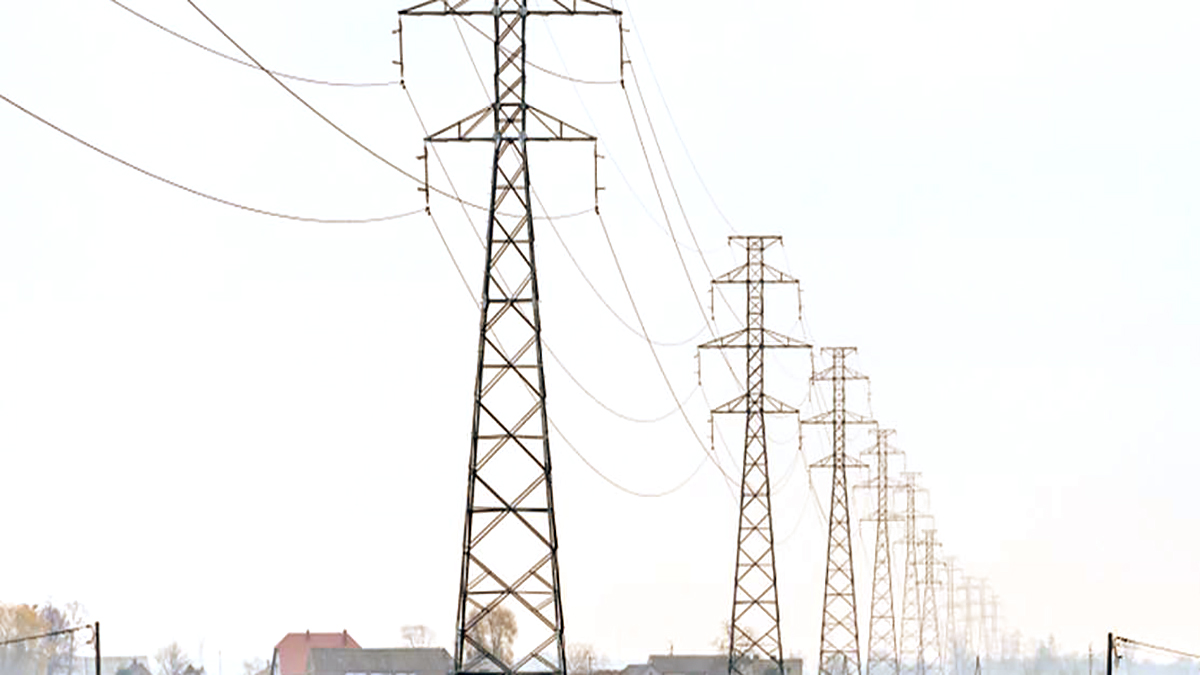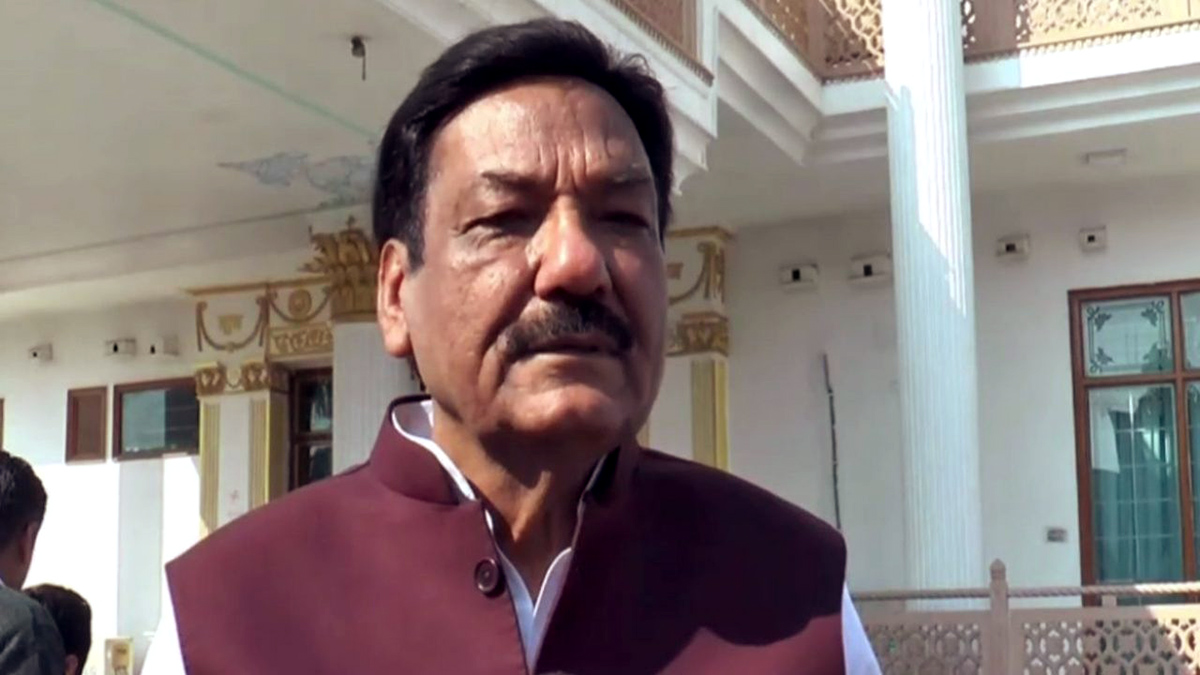Union Minister of Power and Housing & Urban Affairs, Manohar Lal, chaired a pivotal review meeting on the Power Sector of Arunachal Pradesh in Itanagar. The meeting saw the participation of key officials, including Chief Minister Pema Khandu, Deputy Chief Minister Chowna Mein, Secretary (Power) Pankaj Agarwal from the Government of India, and Chief Secretary Dharmendra from the Government of Arunachal Pradesh.
In his address, Minister Manohar Lal underscored the Central Government’s unwavering commitment to the North-Eastern region’s development. Highlighting Arunachal Pradesh’s vast hydropower potential, which accounts for approximately 38% of India’s total capacity (around 50 GW), he emphasised the strategic importance of this resource in meeting the country’s clean energy demands.
A significant portion of the discussions centred on the necessity of Compensatory Afforestation Land for accelerating hydro power project development. The possibility of sourcing this land from other states was also explored. Simplifying the process for new electricity connections and making bill formats more consumer-friendly were among the key recommendations.
The Minister also proposed innovative measures such as allowing consumers to conduct self-meter readings bi-monthly, coupled with bill generation through a mobile app. He highlighted that the availability of quality power would spur industrial growth, thereby creating employment opportunities within the state.
On the power distribution front, Minister Manohar Lal urged the swift implementation of works sanctioned under the Revamped Distribution Sector Scheme (RDSS). He emphasised the need for reform measures to enhance the financial viability and operational efficiency of the Power Department, with an ambitious target of improving the consumer service rating from ‘C’ to ‘B’ within the year.
Chief Minister Pema Khandu expressed his gratitude to the Union Minister for selecting Arunachal Pradesh for his inaugural state visit following the formation of the new government. He assured the implementation of necessary policy measures to ensure the growth of the power sector, noting the accelerated pace of infrastructure development in recent years. The Chief Minister also sought continued support from the Government of India.
Deputy Chief Minister Chowna Mein committed the Power Department’s full support to Central Public Sector Enterprises (CPSEs) for various hydro projects. He expressed optimism that with joint efforts, 13 hydroelectric projects would be completed within the stipulated timelines, contributing approximately ₹10,000 crore annually to the state’s revenue and significantly enhancing per capita income. He highlighted the importance of the timely completion of major projects such as the 2,000 MW Subansiri Lower and the 2,800 MW Dibang Multipurpose Project.
Detailed discussions were held on the overall power sector scenario in Arunachal Pradesh, focusing on hydropower generation, power transmission, and distribution. Power sector reforms, consumer ease of living, and resource adequacy plans to meet future demand were also deliberated.
Secretary (Power) Pankaj Agarwal, in his welcome address, underscored Arunachal Pradesh’s pivotal role in harnessing hydropower to meet the growing clean energy demand. The review included the “Comprehensive Scheme for Strengthening of Transmission & Distribution, Arunachal Pradesh” implemented by Power Grid Corporation of India Limited, addressing issues such as Right of Way (RoW) in reserve forest areas, operation and maintenance of completed elements, and downstream connectivity concerns.
The State Government was urged to expedite the implementation of RDSS works to improve electricity supply quality and reliability. The significance of smart metering for energy accounting and consumer empowerment through ease of payment and better consumption control was highlighted, with a commitment to complete feeder metering by December 2024.
Secretary (Power) emphasised the continuous efforts needed to meet the growing energy demand, placing consumer interests at the heart of strategies to ensure affordable, reliable, and quality power.










